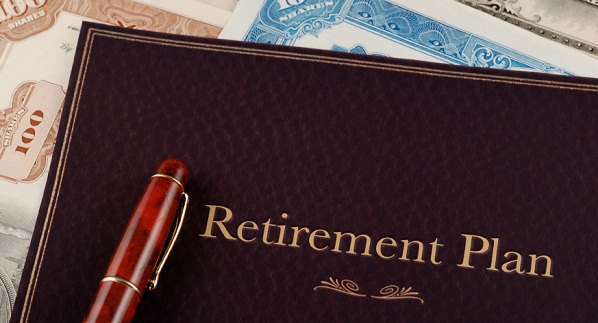The Cost Of Retiring
You know you need to save for your retirement, but how much money will you need to live comfortably after you retire? Here are five tips from Chartered Accountant Anne Chun, President of Anne Chun Professional Corporation in Toronto.
- Realistically estimate your expenses and revenues – “Draw up a budget to determine how much you will need to live on, based on your desired lifestyle,” advises Chun. “It is an important exercise to go through to determine what you are spending now, and what you think you will spend in retirement.” Don’t forget to include extra costs associated with retirement, such as travel, a second home and medical/dental coverage. “When you are working out your income sources, be sure to estimate what you will receive in Canada Pension Plan (CPP) and Old Age Security benefits, as well as any company pension and benefits and investment income,” adds Chun. “You can obtain your CPP information from Service Canada and get information on your company pension from your human resources department or union.”
- Divide your retirement into decades – “Your priorities, and how much you will need to live on, will change as you age,” explains Chun. “You may want to spend your 60s and 70s travelling. In your 80s and 90s you may have medical and long-term care needs. Consider these changing needs as you determine how much money you will need in retirement.”
- Consider inflation and longevity – “People tend to underestimate the impact of inflation,” says Chun. “Costs for things like hydro, gas and food tend to rise at a much higher rate than the inflation figure published by the Bank of Canada.” You should also make a realistic assessment, based on family history and other factors, on how long you may live. “People are living longer these days and some are outliving their investments,” explains Chun. “If you think you may live to 90 or 100, you may want to reconsider how much you will need to retire and when you should retire.”
- Invest wisely – “Set up an investment plan and review and update it on a regular basis to reflect changes in the economy, your risk tolerance and retirement objectives,” advises Chun. “Make sure your investments are diversified, and aim for an appropriate mix that produces guaranteed returns, growth and an income stream that fits with your retirement needs.”
- Work with a team of professionals – “Your Chartered Accountant and financial advisor should work together with you to determine how much you will need to retire, and to advise you on the best type of tax efficient investments for your retirement,” says Chun. “Your CA can also suggest ways to reduce your income tax, which will increase your retirement ‘take-home’ income.”
* * * * *


